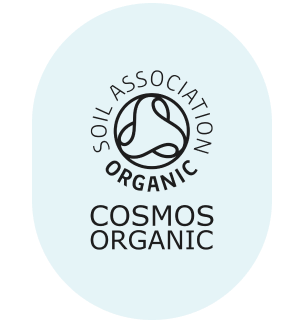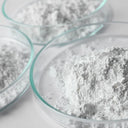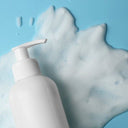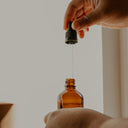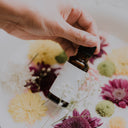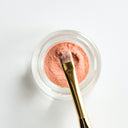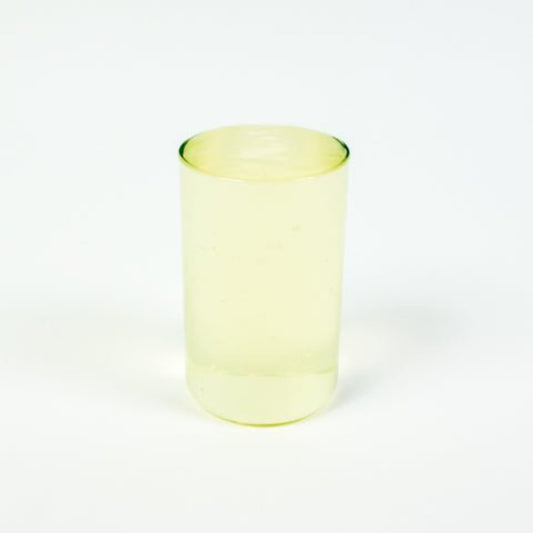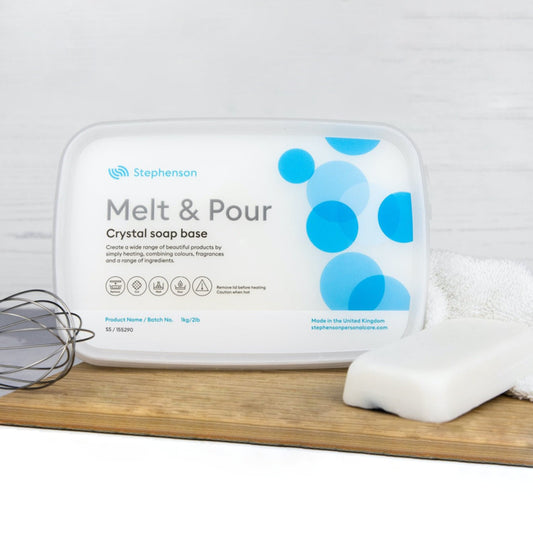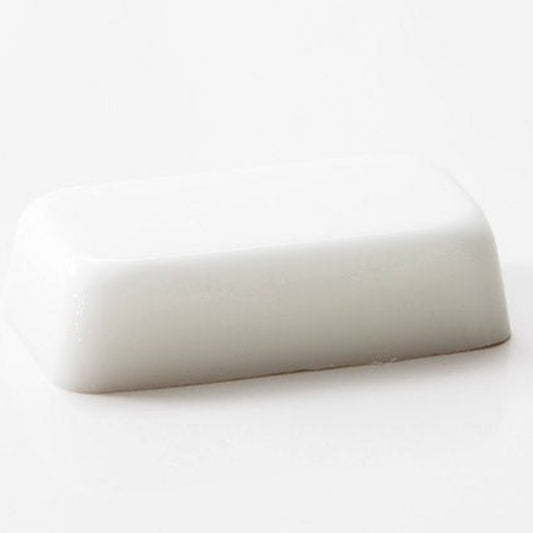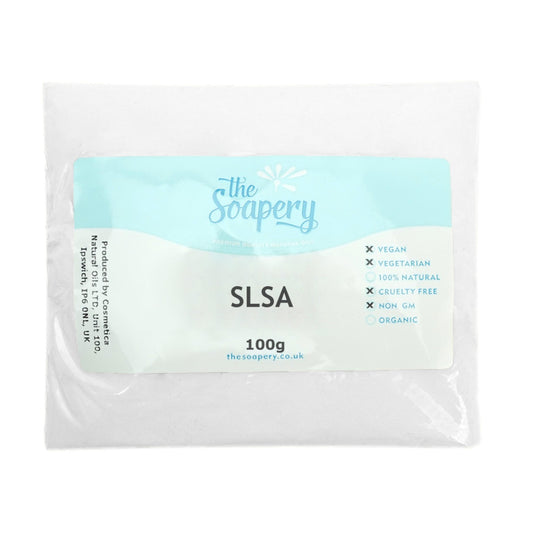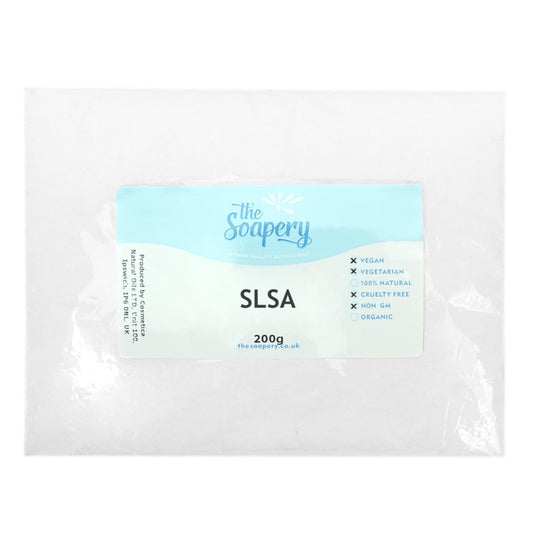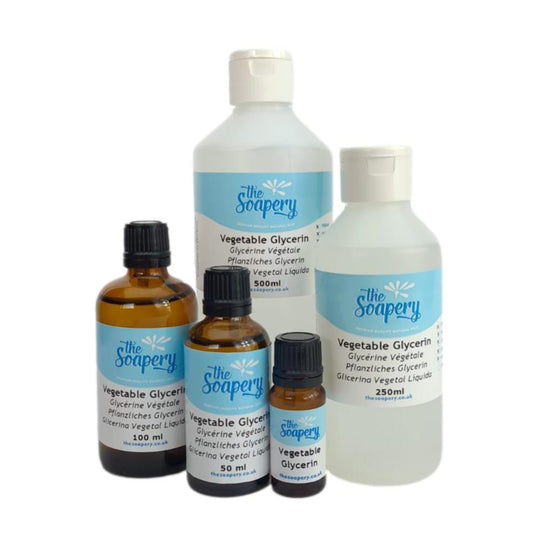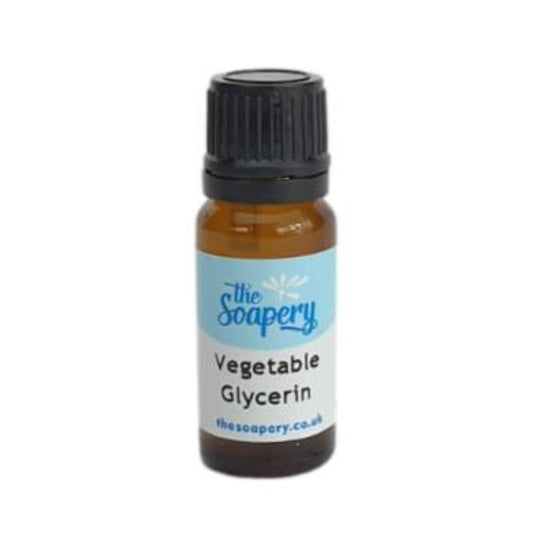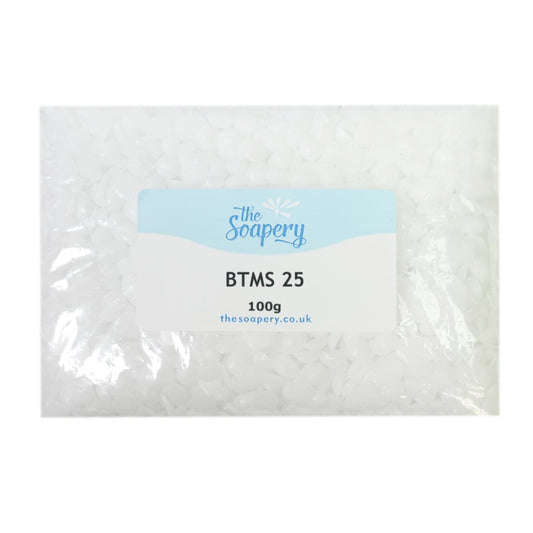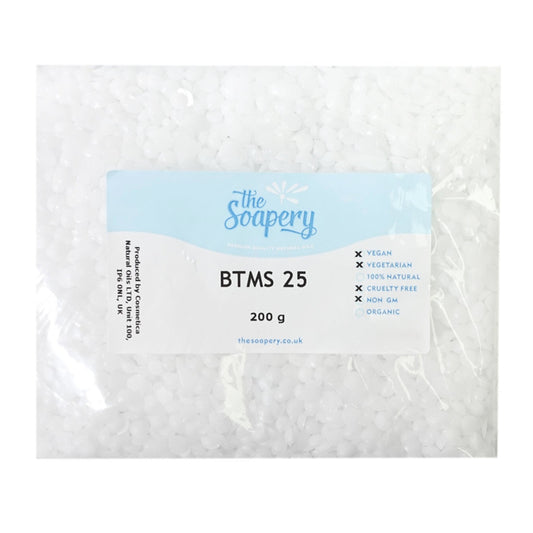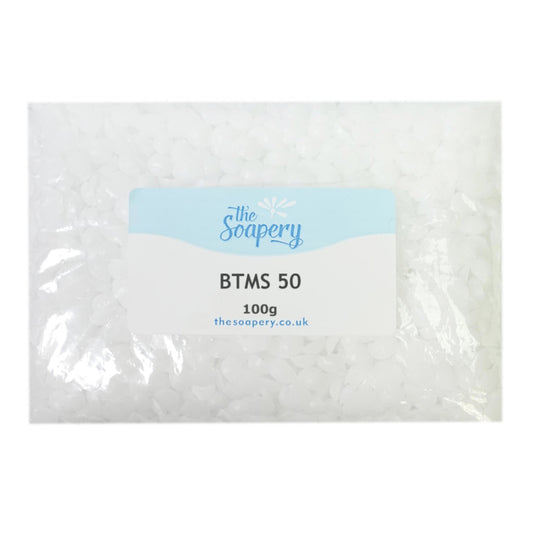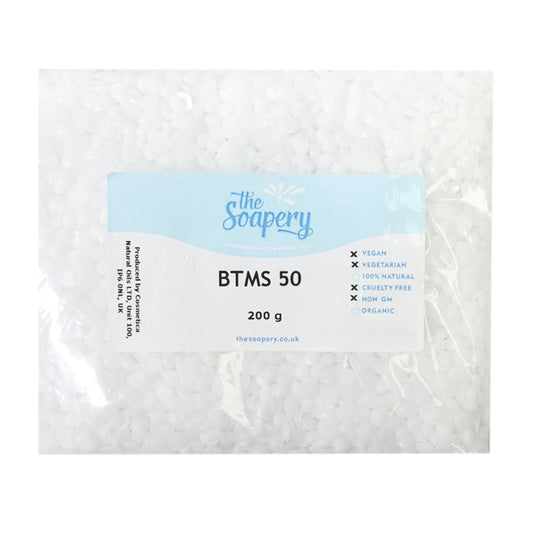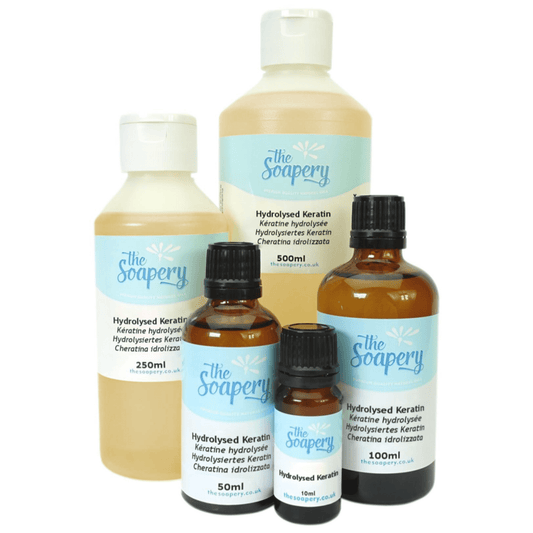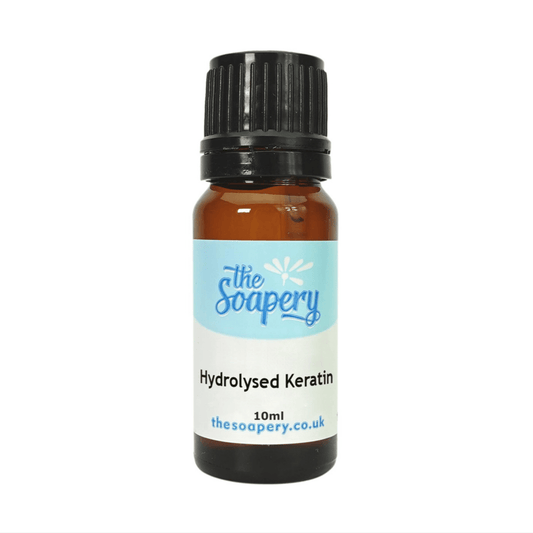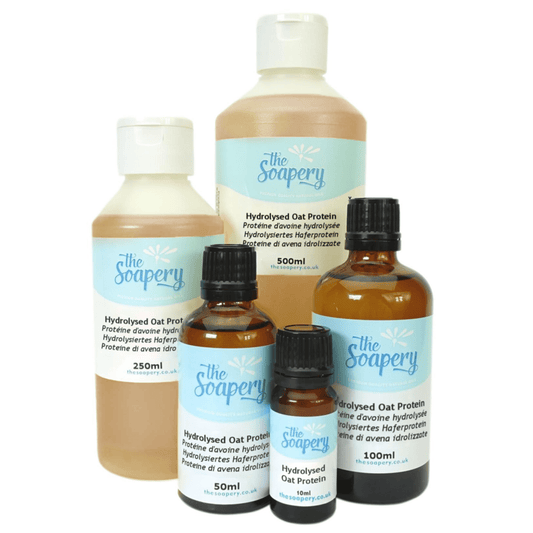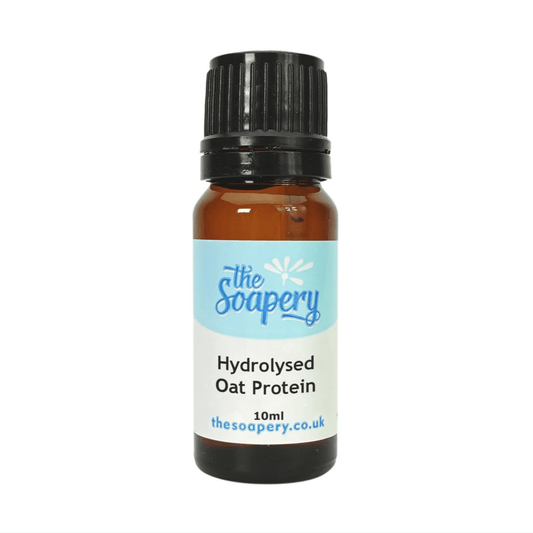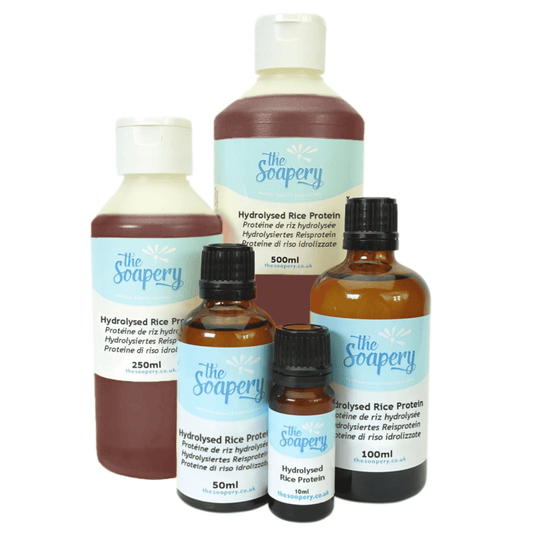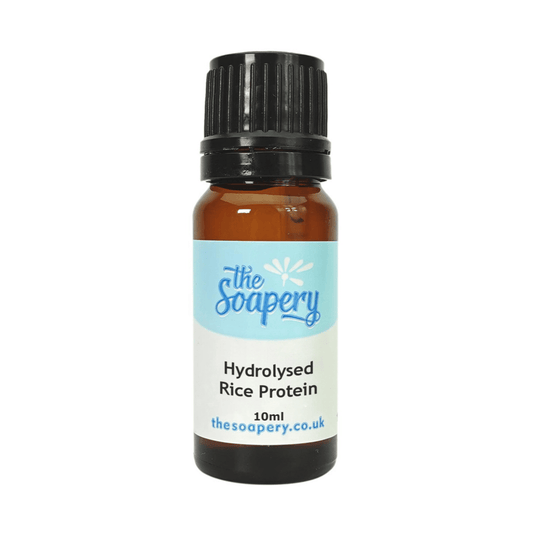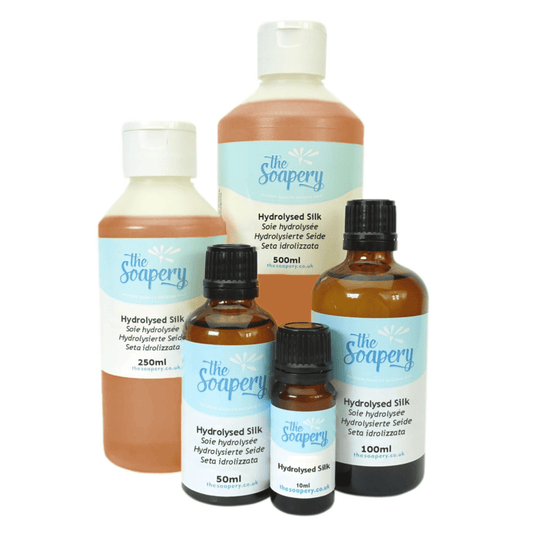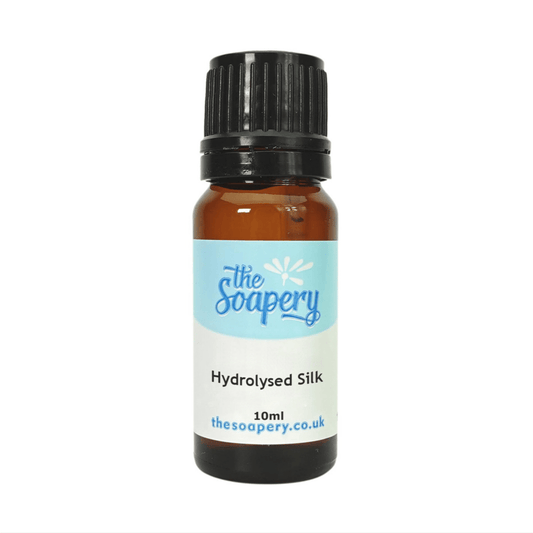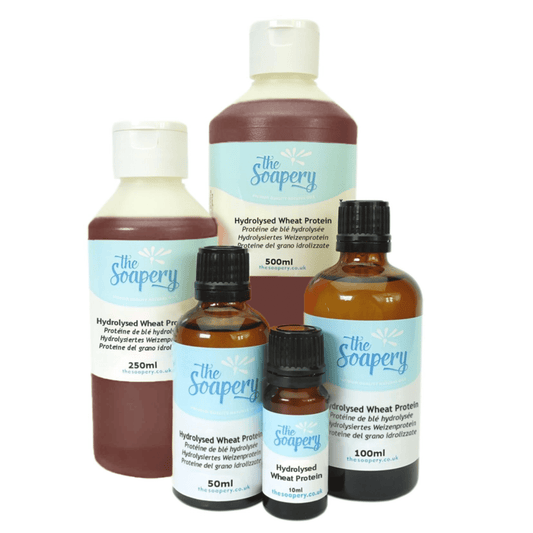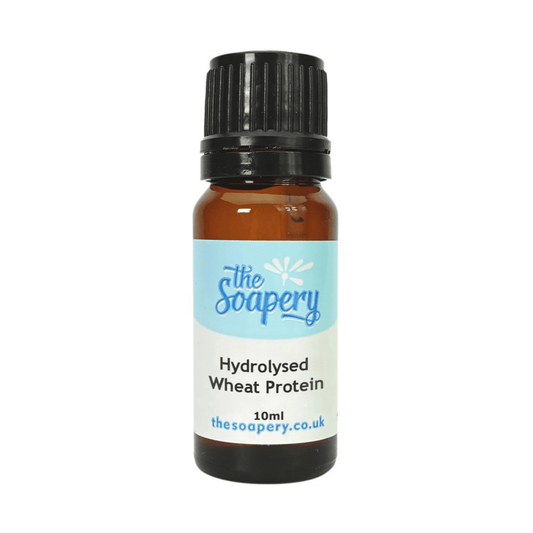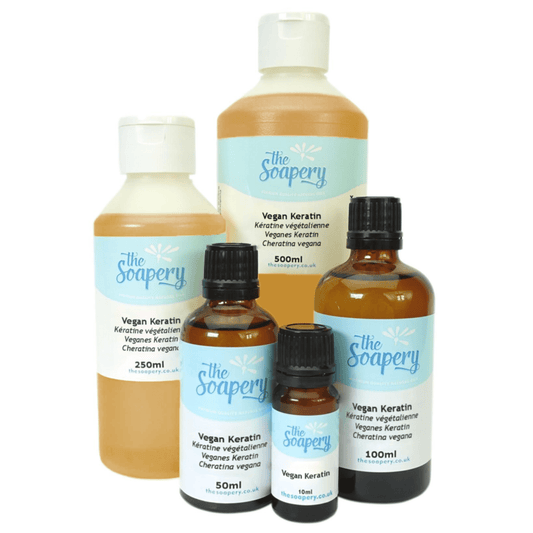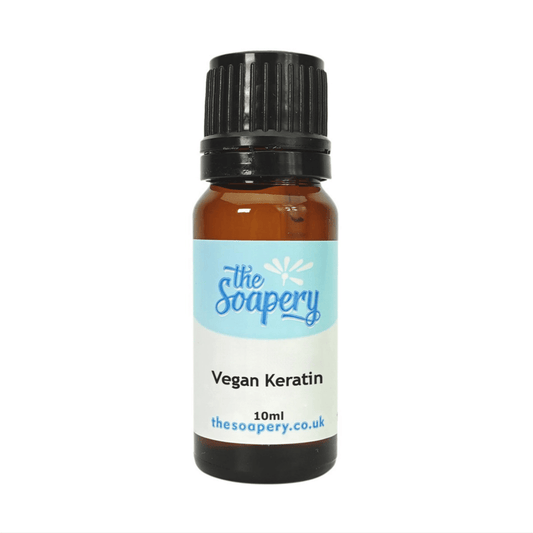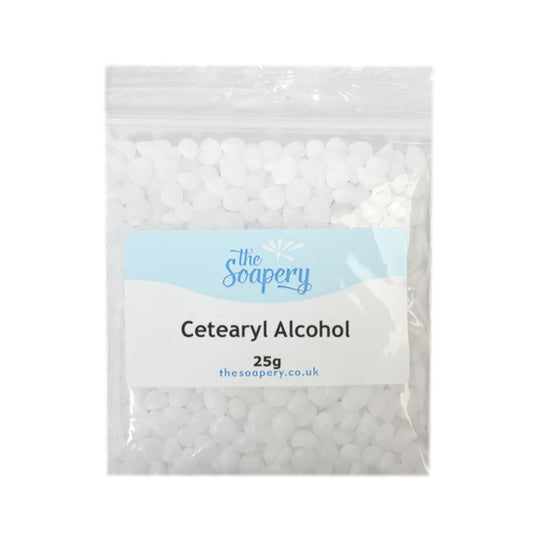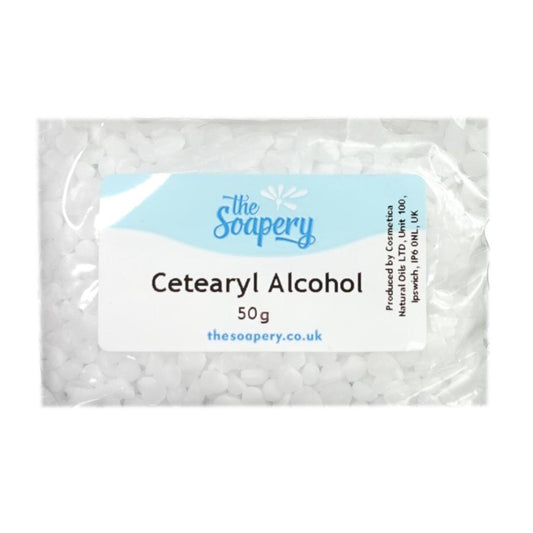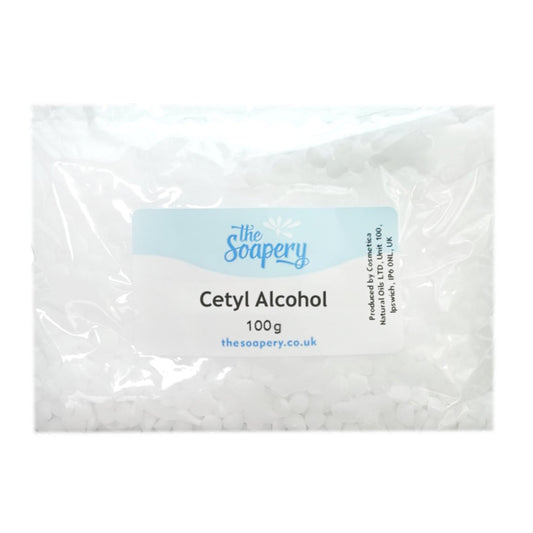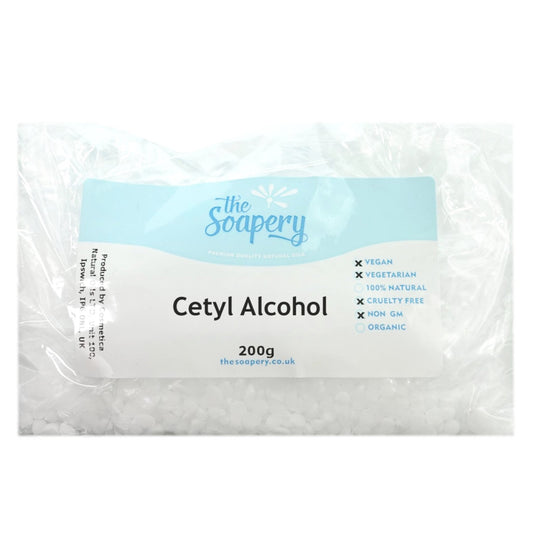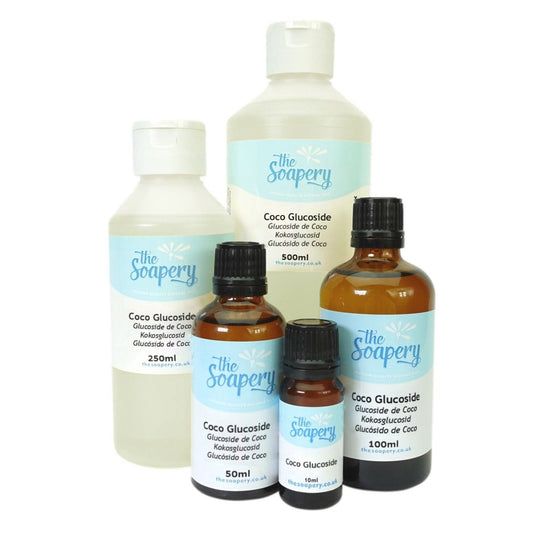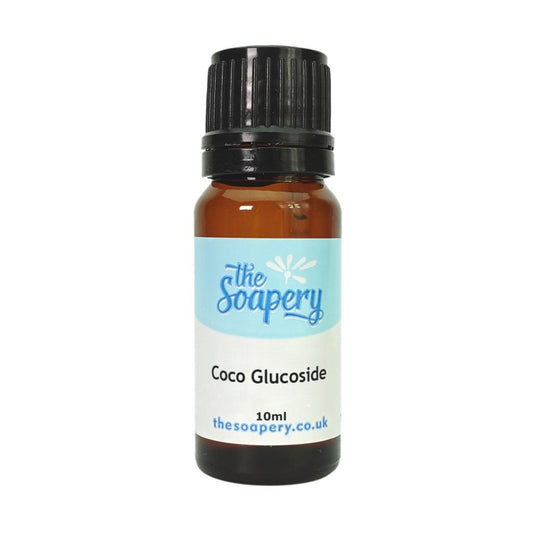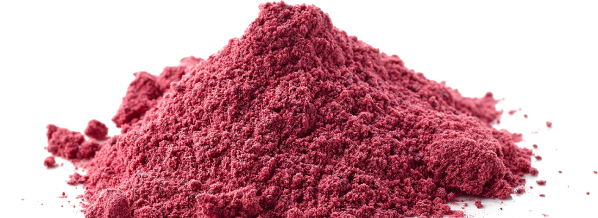
-
Shampoo Base - Organic
-
Solid Shampoo Base Melt and Pour
-
SLSA – Sodium Lauryl Sulfoacetate
-
Hydrolysed Oat Protein
-
Hydrolysed Rice Protein
-
Hydrolysed Wheat Protein
-
Hydrolysed Vegan Keratin
Why choose The Soapery?
-
Free Mainland UK Shipping
Get your ingredients quickly at no extra cost.
-
Same Day Dispatch*
Order before 3pm to have your package sent then and there.
-
Low Pricing
No glossy marketing or false promises mean big savings.
-
Ethical Suppliers
No qualms here. Our ingredients are ethically and sustainably sourced.
About Shampoo Ingredients
Sick of store-bought shampoo? Why not keep hair healthy with homemade formulas? Our online store has each and every ingredient you’ll need to mix up the perfect shampoo - from solid bars to lathering liquids. Simply get browsing, add to your basket, and enjoy fast, free delivery straight to your door!
Welcome to The World of Handmade Shampoo: Understanding Shampoo Ingredients
At The Soapery, we know that finding a good hair product is no small feat. That’s why we’re so passionate about empowering our makers to take charge of their locks from scalp to ends with all-natural handmade haircare.
Our selection of natural oils, butters, essential oils, and other key ingredients is perfect for making your own hair care products. Your hair type is as unique as your fingerprint - so why go with the flow when it comes to shampoo, especially when making your own is as simple as can be?
In taking your haircare into your own hands, you’ll get to select the very best ingredients for you - whether you’re battling a sensitive scalp, or need an extra boost of hydration. Certain harmful ingredients found in commercial shampoos, such as Isopropyl alcohol and petrolatum, can strip moisture from your hair and scalp, leading to dry skin and brittle hair.
Our shampoo ingredients are perfect for creating more natural haircare alternatives that benefit damaged hair, frizzy hair, oily hair and fine hair. They can also be used to create cosmetic products to strengthen hair follicles, improve hair growth, protect the hair cuticle and provides overall healthy hair!
Sourced from the very best suppliers across the entire globe, our shampoo making ingredients lead the way in all things natural haircare. From pre-made bases perfect for making in a cinch to gentle foaming agents and more, you’ll find all you need to give your hair the very best, right here. No harsh chemicals, synthetics, or nasties.
The Ins-And-Outs of Making Shampoo with Natural Ingredients: Our Advice
Suds, scents, and science - we’re all about custom haircare here at The Soapery!
Shampoo making is one of the best ways to take your haircare routine to the next level. With just a little bit of know-how, you’ll be able to create your very own tailored recipes - from deep-cleanse shampoo bars to volumising creams and more.
Whatever your hair and scalp need, there’s an ingredient out there that can help you achieve it! From our natural ingredients like essential oils, coconut oil and argan oil to advanced hair shampoo ingredients like cetearyl alcohol and keratin, we have everything you need to create natural, effective shampoos.
But where to begin? First and foremost, it’s important to understand the basic ingredients that go into shampoo. From lathering agents like SLSA to moisturisers like glycerin, the options are endless - and the better grasp you have of them, the better your formulation. You’ll also need some basic tools like a mixing bowl, measuring cups, and a heat source to get started.
Our shampoo makers’ favourite tip is simple: start simple! If you’re new to the world of handmade haircare, start with an easy-to-follow recipe before branching out into haircare experimentation - ensuring you’ve got the basics down first. Not a big fan of the initial process? Why not try one of our ready-made shampoo bases? There’s truly an option out there for everyone.
And remember, the key to a great shampoo isn’t just about your techniques or recipe - but also your ingredient quality. Be sure you’re buying the very best for your project, and great end results will follow.
Our Favourite Skincare Recipes
We Value Each of Our Customers
Accreditations/Awards
We’re committed to offering a vast range of all-natural, organic products certified by The Soil Association, and we take pride in doing our part for the world around us.
Like most ingredients, the oils, butters, powders, and decorations in your handmade products are farmed or extracted from the natural world. Those certified as organic by the Soil Association were grown, produced, and harvested in line with strict regulations designed to protect and sustain the environment, including soils, ecosystems, animals, and people.
